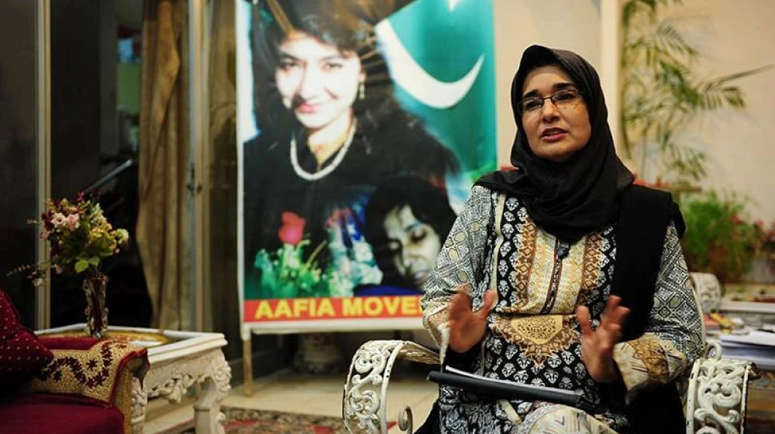Dr Aafia Siddiqui, a Pakistani neuroscientist, has become a central figure in one of the most controversial and multi-layered international cases of our time. Her story weaves together academic brilliance, humanitarian devotion and accusations of terrorism to create a complex and emotionally charged narrative.
Siddiqui’s case raises questions about justice, human rights and geopolitical tensions, making it the subject of fierce debate and varying interpretations. You can always get more information on the website https://world-arabia.com/articles/aafia-siddiqui-the-story-behind-the-multifaceted-narrative/.
Early years and academic achievements
Aafia Siddiqui was born in Karachi, Pakistan and showed outstanding academic ability from a young age. She continued her education at the Massachusetts Institute of Technology, where she received a bachelor’s degree, and then completed her doctorate in neuroscience at Brandeis University. Her scientific achievements were impressive, and she quickly gained a reputation as a talented scientist.
Humanitarian activities
In parallel with her scientific career, Siddiqui actively participated in humanitarian and social projects, supporting the rights of Muslims and drawing attention to the problems of discrimination against them. Her humanitarian work made her a prominent figure in both academic and religious circles.
Disappearance and arrest
In 2003, Aafia Siddiqui disappeared along with her three children from Karachi. This incident was accompanied by rumors about her possible connections with terrorist organizations. Some sources claimed that she was kidnapped by Pakistani or American intelligence agencies, others believed that she escaped on her own. In 2010, Aafia Siddiqui was convicted in the United States on charges of attempting to murder American military personnel and FBI agents. The trial was surrounded by numerous controversies and accusations of bias. Siddiqui’s defenders argued that the evidence against her was fabricated or insufficient.












Оставить коммент.